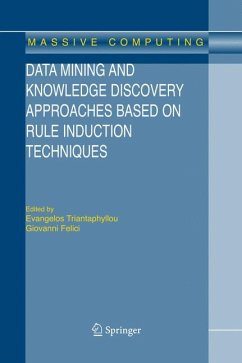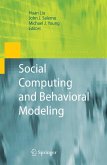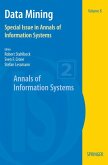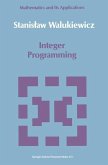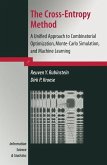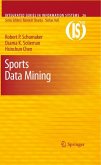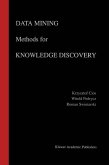The book presents the combined research experiences of its 40 authors gathered during a long search in gleaning new knowledge from data. The last page of each chapter has a brief biographical statement of its contributors, who are world-renowned experts.
Audience
The intended audience for this book includes graduate students studying data mining who have some background in mathematical logic and discrete optimization, as well as researchers and practitioners in the same area.
Dieser Download kann aus rechtlichen Gründen nur mit Rechnungsadresse in A, B, BG, CY, CZ, D, DK, EW, E, FIN, F, GR, HR, H, IRL, I, LT, L, LR, M, NL, PL, P, R, S, SLO, SK ausgeliefert werden.
Hinweis: Dieser Artikel kann nur an eine deutsche Lieferadresse ausgeliefert werden.

